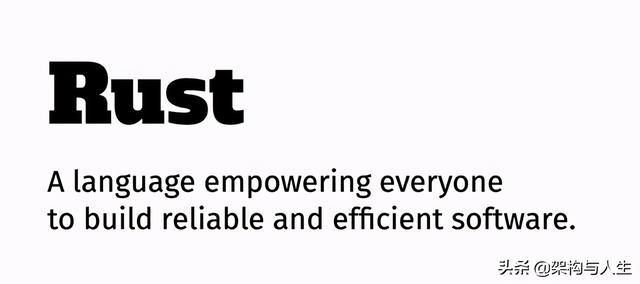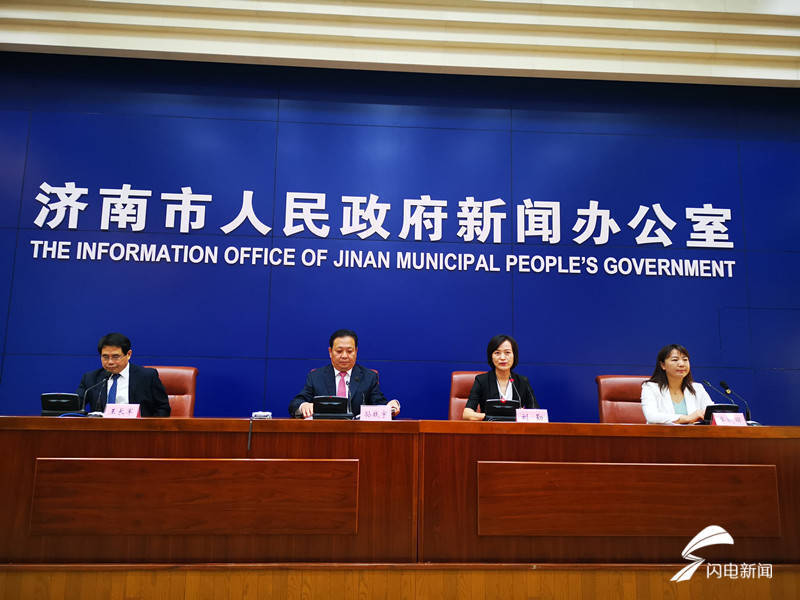中美竞争|张维为对话斯蒂格利茨:被特朗普破坏的全球化,该恢复了( 二 )
我认为我们仍然需要多边主义 。 经济学家说得很有道理 , 贸易真正的好处是全球性的 , 区域性贸易协定解决不了这个问题 。 这可能导致我同事贾格迪什·巴格沃蒂所指的“意大利面碗”现象 , 不同贸易协定之中的条款互相重叠、使规则复杂化 。
对我而言 , 我认为最大的挑战在于 , “铁幕”倒塌也就是冷战正式结束之后 , 弗朗西斯·福山写了本很有影响力的书《历史的终结》 , 这是一种盲目乐观的幻想 , 幻想所有国家最终都会成为自由主义民主国家和自由市场经济体 。 当时支持贸易自由化的理由之一是 , 它将加速历史终结之日的到来 , 届时所有国家都将是自由民主国家 , 奉行自由市场经济 。
现在已没人相信这种幻想了 。 我们的政治和经济制度没有朝同样的终点收敛 , 未来世界各国可能会在不同体制下各自前行 。 这一点具有非常重大的意义 , 因为如果所有人都在同一套经济体制里面 , 游戏规则制定起来比较容易;但如果几种不同的经济体制同时存在 , 要制定堪称公平、合理的规则就非常困难 。
挑战在于 , 当你认识到贸易不一定能导致体制趋同 , 未来不同的政治和经济体制将同时存在 , 要如何对贸易收益加以利用?在这个需要我们围绕气候变化、大流行、全球繁荣以及援助贫穷国家开展合作的时代 , 世界要怎么组织起来?需要合作的方面还有很多 。 我们要如何一方面合作 , 一方面接受一个现实 , 即我们支持的政治和经济体制大不相同?
在这种意义上 , 我们将成为竞争者 , 尽管我不愿意这样表述 , 但是我们对社会未来发展方向的愿景确实差异很大 。 我们不需要对彼此进行说教 , 但我们保有截然不同的观点 。 问题在于 , 在那样一个世界里 , 如果我们希望在地球可承受范围内享受远离冲突的富足生活 , 彼此间要如何和平共处 , 并展开许多必要的合作?
张维为:听完斯蒂格利茨教授这番心态开放、引人深思的话语 , 我觉得你才是美国总统的理想人选 。 这将为人类带来很多福祉 。
回到关于全球化的问题 , 我认为出于可以理解的原因 , 这个过程将经历重新适应和调整 。 区域化趋势将变得更强 , 或许会出现某种形式的欧洲一体化、亚洲一体化和北美一体化 。 而中国则是这种趋势中的新因素 , 因为按购买力平价计算 , 中国目前已经是全球最大经济体 , 是130个国家的最大贸易伙伴 。 中国倡导一种新型的、建立在共商、共建、共享等核心理念上的全球化 , 具体体现在“一带一路”倡议上 , 它是规模最大的(国际合作平台) 。 我真心希望它对所有国家都开放 , 目前它已经是世界最大的、基于互惠原则的新型全球化平台 。 有些美国企业已经加入 , 欧洲企业正在加入 , 总的来说这是个宏伟的项目 。 我们需要一些这样的着眼全人类的伟大项目 , 衷心希望大多数国家都能从中受益 。
(翻页查看英文版)
【中美竞争|张维为对话斯蒂格利茨:被特朗普破坏的全球化,该恢复了】Yang Hanyi:After decades of economic globalization, we have become, at least China and the United States has become so tightly and almost intrinsically bound with each other. And I have one question, which is that since the rich and powerful- we know that the benefits of globalization have gone disproportionately to the rich and powerful- and since they are the ones that have been tremendously benefited from globalization, why should they support those political forces advocating for decoupling? If they don't support those forces and how could decoupling effort ever be successful?
Stiglitz:That's a very interesting question. I think what has happened in the United States is that the corporate interests that were very much behind the globalization as it occurred beginning in 1980 have become disillusioned with the way things have turned out. And I think they've gotten disillusioned partly because they thought there was a gold mine in China. They thought that a huge market of 1.3 billion people was going to generate huge amounts of profits. And it turned out to be not so. They've gotten a lot of profits, but those profits have declined. I think there are a couple of reasons for that. The first is wages in China have gone up. So it's not the source of cheap labor that it was before, that's why they're going to other countries where labor is cheaper. So they've learned how to outsource, but China is not viewed in that way as the source of profits as it was before. Secondly, some of the American corporations made profits out of ignoring environmental and other standards. And China now is being much better with environmental standards. And so they're looking for other places where they can abuse environmental standards. Hopefully they won't find any, but but that's... The third is that China has been very successful in developing its own companies. The auto industry, you have a very successful auto (industry). I drive a Volvo which is owned by a Chinese company. The reality is that China has made enormous progress, and competition inside of China, from Chinese companies is very intense. The direct answer to your question is the corporate agenda for a linkage has been very strongly weakened. They complain a lot about the theft of intellectual property or restrictions on expansion in certain markets. But I think the underlying complaint is really that it's not being the source of profits that it once was hoped to be.
推荐阅读
- 敷料|2020年中国医用敷料行业市场现状及竞争格局分析 奥美医疗稳居出口龙头地位
- 美剧去哪看|方大特钢: 立异晋升企业核心竞争力
- 股票|财鑫闻丨歌尔股份拟分拆上市歌尔微电子,旨在提升公司和微电子业务核心竞争力
- 大众报业·海报新闻|财鑫闻丨歌尔股份拟分拆上市歌尔微电子,旨在提升公司和微电子业务核心竞争力
- 蓝海观察|业务竞争大 合景悠活现价欠吸引
- 超美时尚屋|首份信托公司竞争力指数呈文发布 五矿信托、光大信托去年跃居前三甲
- 农业行业观察|三农日报|政策:我国要大力发展林下经济;刘畅:养猪企业竞争取决于成本
- |研发投入不及同行公司 协昌科技功率芯片核心竞争力备受质疑
- 金融|广东南粤银行荣膺“金鼎奖-卓越竞争力交易银行”奖项
- |如果高科技竞争不过中国,美国会怎么办?















